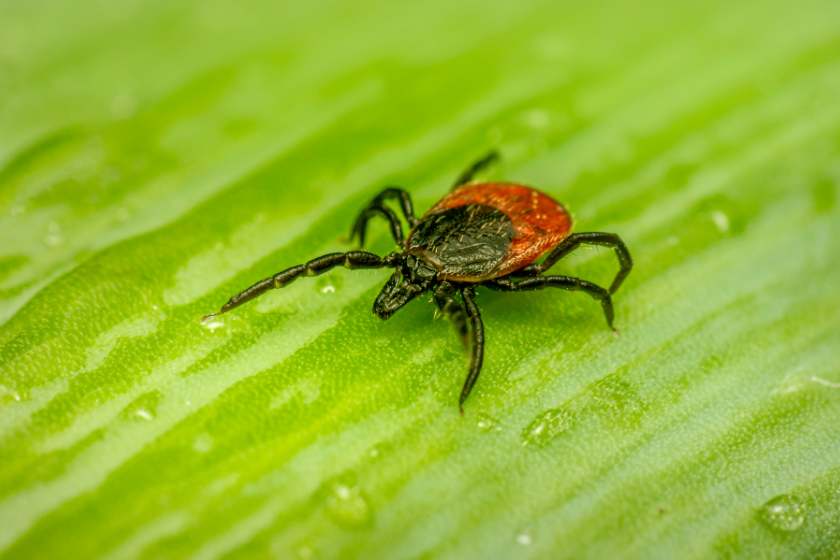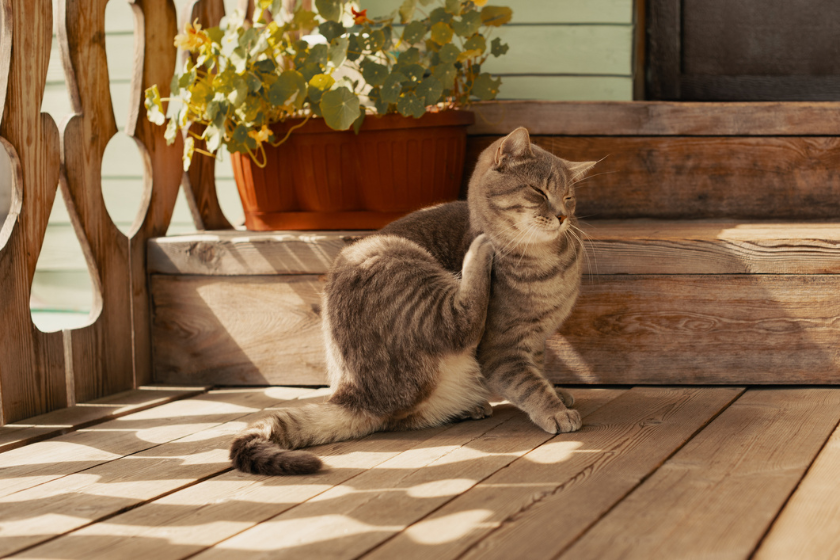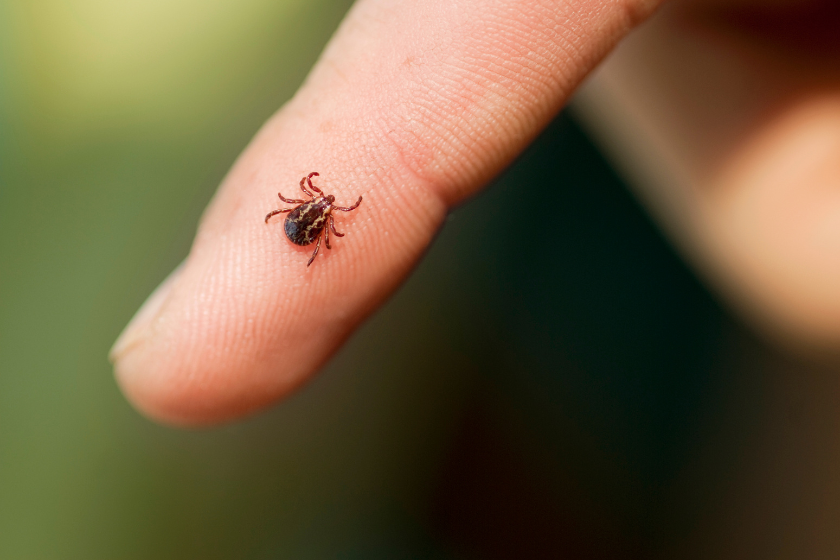Flea and Tick Treatment, Control, and Exterminator in Lubbock, TX


About Fleas and Ticks
Fleas and ticks are quite different in appearance but have similar behavior and treatment. Fleas are typically associated with our pets or other outdoor animals, but just like ticks, they can hitch a ride on our clothes, in our hair, and in furniture. A flea is a wingless insect that jumps 100 times their own height or eight inches vertically and up to sixteen inches horizontally. Fleas are smaller than ticks, almost invisible to the naked eye, with tube-like bodies 1/16 up to 1/8-inch long.
Ticks are often associated with heavily wooded areas in the northeast United States. Although West Texas isn’t known for our trees, tick populations do easily live in leaf litter, wood chips, and tall grass fields and survive off mule deer, livestock, and other wild mammals. Ticks are arachnids with eight legs and can be black, brown or red. Larvae, nymphs, and adult ticks all feed on humans, the blood of mammals, birds, and even reptiles and amphibians. Ticks can grow to be ¼-inch long.
Still Have Questions?
Send us a note. Schedule a FREE estimate and get fast, easy booking.
"*" indicates required fields
Get Your Customized Flea and Tick Control Plan and
FREE Estimate
Flea and Tick Behavior and Risks
Fleas and ticks are both parasites and vectors. They both feed on humans, our pets, and livestock blood and carry a host of diseases, including bubonic plague, tularemia, tapeworm, Rocky Mountain spotted fever, Lyme disease, and more. In recent years, Texas has our own tick species, the lone star tick. Lone Star ticks, known for their aggressive feeding behavior, are recognized by the distinctive white spot or "lone star" on the back of the female tick, and they commonly bite humans, domestic animals, and wildlife. The American tick and brown dog tick are other common species in West Texas, and all species carry harmful tick-borne diseases that can be transmitted to humans.
Summer is the time of year when fleas are most common. On the other hand, ticks can withstand freezing temperatures and bite in any season.


Identifying a Flea Infestation
Both ticks and fleas are difficult to identify. Identifying a flea and tick infestation typically involves a combination of visual inspection and recognizing symptoms in pets or humans. Fleas rapidly multiply, and infestations are common, with one host supporting hundreds of fleas. The easiest symptom to experience is an inching sensation or red bumps from flea bites. If your cat or dog is constantly itching, the culprit is most likely fleas. Regularly inspect your pets' fur and skin for signs of fleas and ticks. Look for tiny, fast-moving insects (fleas) or small, dark-brown or reddish-brown arachnids (ticks) attached to the skin. Pay particular attention to areas where fleas and ticks commonly hide, such as around the ears, neck, and tail base. Treating the host is necessary to stop the spread of fleas to other pets or humans.
Identifying a Tick Infestation
Ticks are harder to kill and identify. Tick bites, like bed bugs, are painless and not easy to detect. Most ticks are found during a deliberate inspection or when a tick’s body is engorged with blood and already feeding. Ticks crawl up to our heads, where they can hide in hair, making it difficult to see with the eye. Like kissing bugs, ticks don’t travel in pairs. Even one tick is cause for alarm. Tweezers can be used to remove a feeding tick like a splinter carefully. Their hard bodies are difficult to crush but can be crushed on a hard surface, burned, or drowned.

Flea and Tick Extermination
Bug Tech can help prevent the risk of fleas and ticks with general pest control treatment. If you are calling for treatment after finding a tick, secure it and allow our team to identify the species and any disease risks.
Indoor Treatment
For indoor treatment, which is required for fleas and ticks that travel on hosts in the home, our team will apply chemical treatment. It’s an aerosol spray that will be applied to all experienced technicians and upholstered areas. You will be required to leave the home for three hours. A special chemical residual will be applied to home and pet bedding entryways. For more information on home inspection services, contact our experts.
Outdoor Treatment
Similar to our mosquito control, Outdoors, Bug Tech will treat the yard with a targeted flea and tick chemical spray. For small yards, we will use a backpack sprayer. For multi-acre properties, a power blower applicator is more efficient.
Contact Bug Tech if you are seeking treatment for large ranch properties with livestock. We can give you a free quote and apply a treatment that won’t affect the food source of your livelihood and prevent flea and tick problems.
Flea and Tick Exterminators
Protecting both commercial and residential properties is essential in Lubbock, TX, where fleas and ticks are a year-round concern. At Bug Tech, we specialize in comprehensive flea and tick control solutions tailored to meet the unique needs of each property. Whether you require a routine tick removal service or a robust tick and flea control plan, our team is equipped with the expertise and tools necessary to protect your space. Don’t let pests compromise your health or comfort. Contact Bug Tech today at 806-771-5142 for a free estimate and take the first step towards a pest-free environment.

